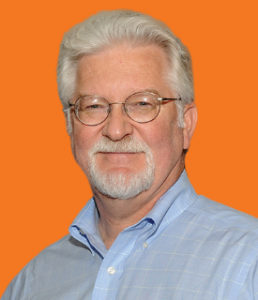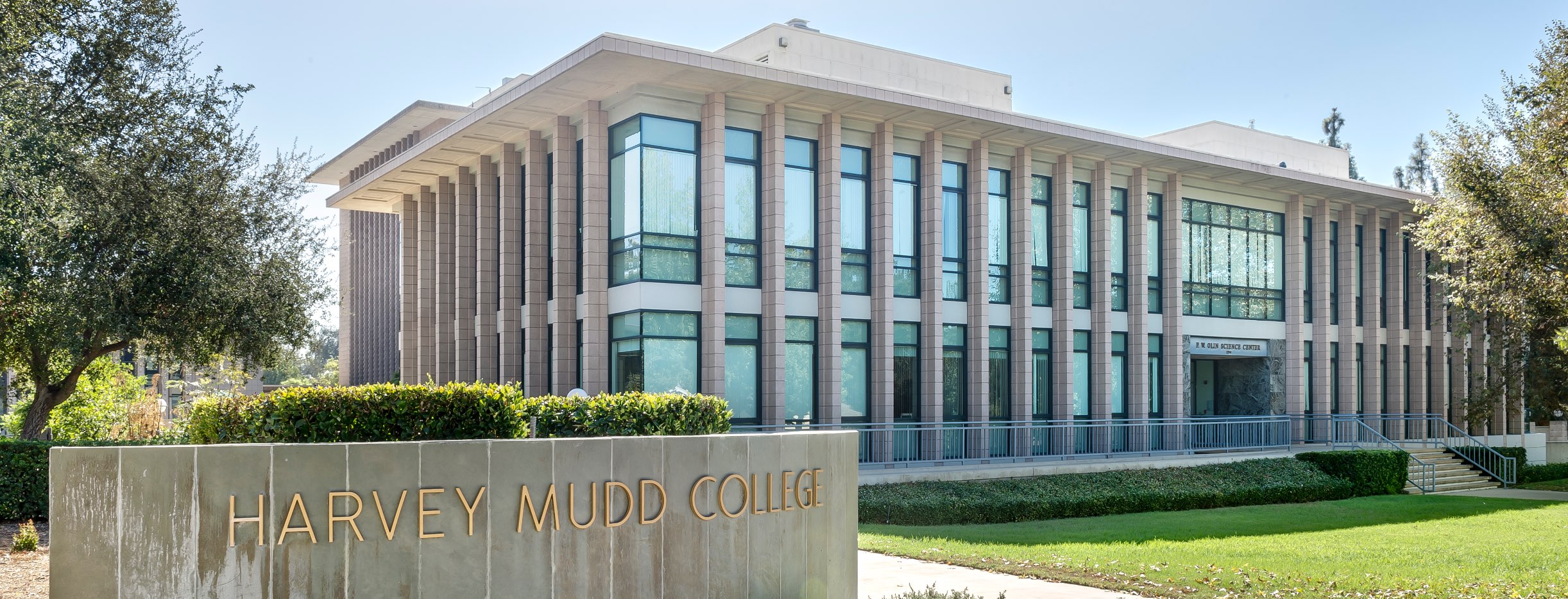Annual Report
 These atypical times have required us all to adapt and respond to the demands of a global pandemic. In true Harvey Mudd form, we continue to solve problems and celebrate the resilience and talent embedded in our culture. Our tradition of shared governance and responsibility and our community’s dedication and passion keep the College strong.
These atypical times have required us all to adapt and respond to the demands of a global pandemic. In true Harvey Mudd form, we continue to solve problems and celebrate the resilience and talent embedded in our culture. Our tradition of shared governance and responsibility and our community’s dedication and passion keep the College strong.
It is this shared governance that attracted me to the position of board chair. My predecessor and fellow alumnus Wayne Drinkward ’73 was a great inspiration to me. He concluded a brilliant eight-year run as board chair, having overseen The Campaign for Harvey Mudd College, the most successful comprehensive campaign in the College’s history. His dedication and wise counsel helped facilitate the planning and construction of the R. Michael Shanahan Center for Teaching and Learning, the Wayne ’73 and Julie Drinkward Residence Hall, and the Scott A. McGregor Computer Science Center, the latter of which is on track to be completed within budget and on schedule (spring 2021).
“In true Harvey Mudd form, we continue to solve problems and celebrate the resilience and talent embedded in our culture. Our tradition of shared governance and responsibility, and our comm– unity’s dedication and passion, have kept the College strong.”
His dedication, and that of so many others, has allowed the College to continue educating and supporting our students, even during this pandemic. Their successful efforts have resulted in many achievements during the 2019–2020 academic year.
In fall 2019, the College welcomed 210 exceptional students into the incoming Class of 2024. First-generation students make up 11% of the class, and women comprise 47%, one of the highest gender ratios of any science- and engineering-focused institution. Upper-level students continued to garner prestigious national awards, including the Astronaut Scholar award (Emily Shimizu ’20), a Watson Fellowship (Victoria Marino ’20) and a Goldwater Scholarship (Aria Beaupre ’21). NSF Graduate Research Fellowships were awarded to Savana Ammons ’20 and Emily Hwang ’20.
Harvey Mudd held the No. 2 spot for the second consecutive year among the nation’s top undergraduate engineering programs (U.S. News & World Report) and is among the top three institutions on the The Princeton Review’s “Top 75 Best Value Colleges” list. HMC also was named a top-producing, bachelor’s-granting institution for U.S. Fulbright scholars. The College saw repeat acknowledgements this year, too, for highest mid-career salaries and for our undergraduates’ contributions to the public good, by Payscale and Washington Monthly, respectively.
Our outstanding faculty members continue to win support from the National Science Foundation, from which the College receives its largest share of external support for faculty research. During 2019-2020, a number of prestigious grants were awarded. Biology professor Catherine McFadden received $839,060 for her renowned work on soft corals, and the NSF supported computer science professor Ran Libeskind-Hadas and his continued research on phylogenetic tree reconciliations. Computer scientist Geoff Kuenning shared a grant for work to understand large parameter spaces in storage systems, and an interdisciplinary grant was awarded to HMC chemistry professor Hal Van Ryswyk and colleagues for the acquisition of a standardized integrated toolset for photovoltaics fabrication and characterization. Engineering professor Lori Bassman, whose work is supported by several NSF grants, is leading an international research group in the quest for novel metal alloys.
Faculty members have been hard at work on several important initiatives as well. At the November 2019 Saddle Rock retreat, I was pleased to learn about the progress of the Climate Change Working Group, which is building capacity to address climate change through research, teaching and more sustainable institutional practices. Through its Core Curriculum Committee, the faculty completed a three-year Core review process, which culminated in spring 2020 upon passage of a new Core curriculum proposal, “Four Courses Plus Electivity.” The Implementation Committee is working toward a 2021–2022 roll-out.
For more detail about the past academic year, including financial and fundraising reports from the Business Affairs Office and the Office of College Advancement, I invite you to review the Annual Report Academic Year 2019–2020.
